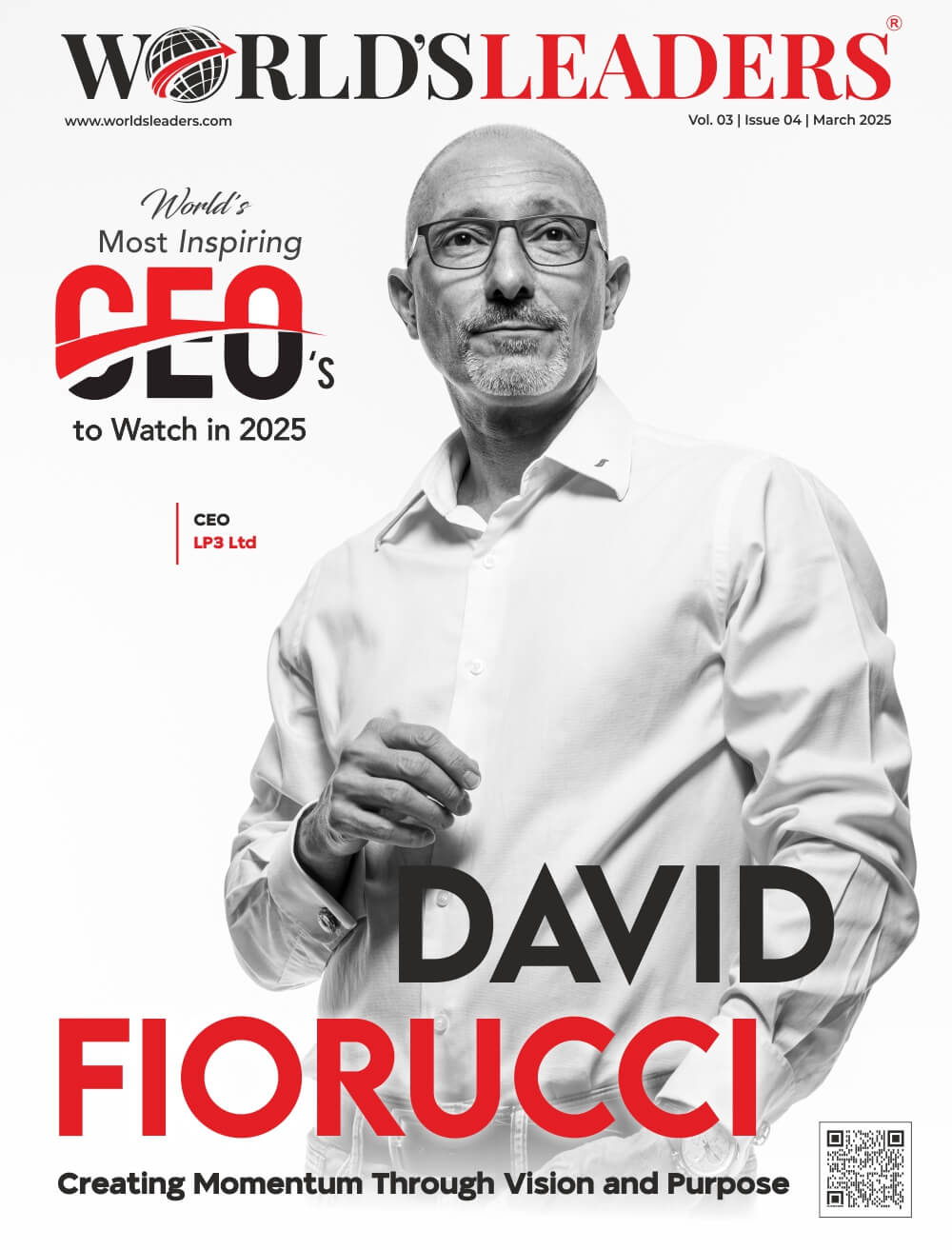Two organizations led by women of color, WE in the World and Angels of Impact are partnering our efforts to drive thought leadership and community of practice around Restorative Investing. By providing access to capital to marginalized communities, we build socioeconomic enterprises to restore harm done to oppressed communities and break the cycle of poverty.
So What is Restorative Investing?
Restorative Investing is based off restorative economics – “centers on healing and restoration of vulnerable communities who have been marginalized and oppressed by a polluting and extractive economy by investing in strategies that create shared prosperity and self-determination for a just transition to the next economy,” Nwamaka Agbo, chief executive officer, Kataly Foundation, also known as the “mother” of Restorative Economics,” underscores.
Restorative Investing is about shifting non extractive money with an intentionality to uplift marginalized communities to build back better. Or as Edgar Villenuava, author of the book “Decolonising Wealth” puts it, using “money as medicine” to heal people and the planet.
What is Impact Investing?
On the other hand, Impact investing has primarily been about “do good do well,” almost as if impact was a side dish. Even ESG investing, which is the main topic of discussion of the day when we speak about alternative finance, is still seeking market returns.
Community-based enterprises doing systems change work, which are too big for microfinance and too small for impact investing, hence tend not to get funded by new forms of impact finance. They fall within a “missing middle” funding gap.
Recent research reveals these key findings.
- According to the 2020 GIIN Annual report, more than two thirds of impact investors seek market returns or slight concessionary rates over deeper impact.
- The Angels of Impact research report published in 2018, funded by the Sasakawa Peace Foundation, also shows that there is also a clear mismatch of expectations between investors and community-based enterprises. Impact investors are still primarily focused on profit-maximizing enterprises, which also makes some positive impact.
- The Monitor group report in 2012 entitled “from Blueprint to Scale” called for philanthropic dollars to fill this funding gap. They coined the term enterprise philanthropy.
Rodney Foxworth, chief executive officer, Common Future, reminds us“fortunately, there are innovators across the country working to build new approaches. These pioneering social entrepreneurs, investors, and foundation leaders reject traditional economic models in favor of “restorative investing” — an impact-investing approach focused on strengthening our local and national economies by democratizing capital and demanding racial equity.”
WE in the World and Angels of Impact Partnership
WE in the World and Angels of Impact are excited to help build a movement of a community of practice with other partners to flow more restorative funding to these emerging efforts.
Angels of Impact has been spearheading within the American Sustainablity Business Network (ASBN), a Restorative Investive Task Force. This Task Force aims to elevate the work of BIPOC organizations innovating restorative investing and share models that can be used by the community.
WE in the World is also partnered with ASBN to help drive a community of practice and will work together with Angels of Impact to rally their efforts with ASBN, to create a movement, push thought leadership and help move more funding towards restorative investing into communities.
WE in the World has worked with organizations and communities across the nation through dialogue and research to identify 150 policies that would advance an equitable economy. WE in the World partnered with businesses and the Office of the Surgeon General to contribute to the first ever report on the role of business in advancing community health and well-being in a restorative way.
Key Learnings and Models of Restorative Investing
Angels of Impact is a social venture offering relationship based funding and customized technical assistance to indigenous and women-led community based entrepreneurs who are alleviating poverty and achieving gender equality through responsible and sustainable businesses. We offer integrated capital, and have over the years funded and worked with more than 30 enterprises.
When investing into BIPOC communities it is key to give value to community lived experience and autonomy as this also ensures success of any investments. Investing through a BIPOC fund or intermediary, such as Angels of Impact, acts as a buffer against the harm of a person of power and wealth no matter how well-meaning an investor can be.
The terms of funding should come with entrepreneur or community friendly terms. Often what is needed is integrated capital or blended finance, i.e. a mix of grants and loans. The terms of the loans or equity investments should not be extractive but should aim to keep wealth within the community for true systems change.
At Angels of Impact, we have seen a 100 percent repayment rate on loans and increased self-determination and empowerment, and the terms of funding as well as the technical assistance needed are worked out directly with the community entrepreneurs.
The Racial Equity Asset Lab and Common Future created a framework that they presented at SOCAP 2020, which does reflect many of the aspects of the work of Angels of Impact,
Relationship based lending is a great innovation, as it values relationship building and other means of determining social capital to decide who to fund.
Native Women Lead Fund creates culturally relevant programming, enabling deep connections through in-person and virtual gatherings, and enabling the conditions for entrepreneurs to engage in mutual support. Native Women Lead Fund applies the 5 R’s of Rematriation as a primary values and underwriting framework. These are
Another model of restorative investing, was highlighted in the ASBN Restorative Investing Task Force. This revolved around the work of the Candide Group, when they invested in Tanka Bar. Tanka Bar Native American Natural Foods, LLC is an Oglala Lakota enterprise that launched Tanka Bar, pioneering the first snack bar category in grocery stores for buffalo meat.
It is a business based on restorative economics principles, using “seven generations” thinking such as restoring wealth into communities that have been extracted from, but also restoring soil health and wellness for all.
The terms of the investment are vastly different from the mainstream, extractive Venture Capital term sheets; primarily these terms are entrepreneur centric, as opposed to investor centric.
These terms included:
1) Relationship based investing;
2) Values aligned partnership;
3) Sharing wealth along the supply chain as opposed to profit maximization for shareholders and investors only;
4) Ensuring long- term indigenous ownership;
5) Right of first refusal to native buyers and cap on returns for investors;
6) Insisting on native leadership;
7) Ensuring Native employee ownership;
8) Native first windfall is that in the sale of the business or profit distribution, a majority of that distribution, at least 51 percent, must go to Native owners first; and
9) Investors, not shareholders, absorb some closing costs and any technical assistance for funding readiness.
With this new partnership between WE in the World and Angels of Impact, we hope to create a movement with our thought leadership partners, and a community of practice, and flow more funding to BIPOC-led restorative investing initiatives, thereby making restorative investing a norm, not an exception.
Together we can use “money as medicine” for the Wellbeing and Restoration of the World.





